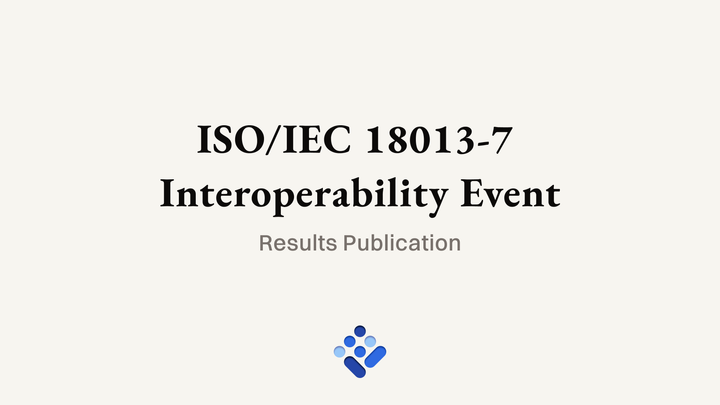Survey Insights: Web3 Builders
At Spruce, we recently ran a survey to learn more about the type of applications web3 developers are building and what technology stacks they’re using. Here are some insights directly from developers on building web3 dapps.

At Spruce, we recently ran a survey to learn more about the type of applications web3 developers are building and what technology stacks they’re using. Our objective was to collect insights directly from the community to help inform some of our own building decisions we make at Spruce.
We received responses from over 40 individual developers building applications across various use cases. While we recognize this sample size is unlikely to be a representative sample of the overall web3 ecosystem, we found the results insightful from a high level and wanted to share some takeaways from the survey with the broader community.
To start, we looked to gather information about what developers are building and the core building blocks they are using to do so. We asked what type of apps developers are building and found the majority of applications being built are web apps, at 81%.
Next, we asked about the predominant languages used while building applications. Javascript and TypeScript took the lead, which makes sense as both are widely popular for web application development. These are followed by Python, Go, and Rust.
For quick bootstrapping of applications, we found that developers largely prefer React and Express as their frameworks of choice.
We also asked what chain developers are focusing their development efforts, finding the majority are building on Ethereum/EVM. Only 14% are building an application with multi-chain use cases. It’s important to note here, however, that we have close ties to the Ethereum community, so the participants who opted into this survey might not be representative of the entire broader ecosystem.
So far, we know that the majority of applications are web-based, using JavaScript/TypeScript, and built on Ethereum/EVM.
Next, we were curious - what are developers building? Web3 technology has the potential to disrupt many different industries, ranging from gaming to finance. We found that, according to our survey participants, most builders are creating applications for DeFi and NFT use cases.
It will be interesting to see how this distribution evolves as Web3 use cases for various industries mature.
Next, we asked how many of these applications required users to create accounts or sign-in in some way. We found that the overwhelming majority of applications do - over 90% require a sign-in. This is a powerful metric to inform our work in improving the experience of installing Sign-In with Ethereum into applications.
One of the powers of web3 yet to be unlocked in a meaningful way is the opportunity to bridge on-chain and off-chain data for customization and personalization of experiences.
While roughly ¼ of applications solely focus on on-chain data, the remaining ¾ have either solely off-chain or a mixture of off-chain and on-chain data that they need to manage.
We appreciate all the developers who participated in this survey and shared insights with us. We hope these high-level takeaways are insightful for other builders thinking about tooling and web3 developer experiences.
Furthering this work, we’re conducting additional research to gather feedback from developers who have either successfully installed Sign-In with Ethereum or have considered installing Sign-In with Ethereum into their application. If this sounds like you, we’d love to hear from you!
You can find the survey for feedback on SIWE here.
About Spruce: Spruce is building a future where users control their identity and data across all digital interactions. If you're curious about integrating Spruce's technology into your project, come chat with us in our Discord.




